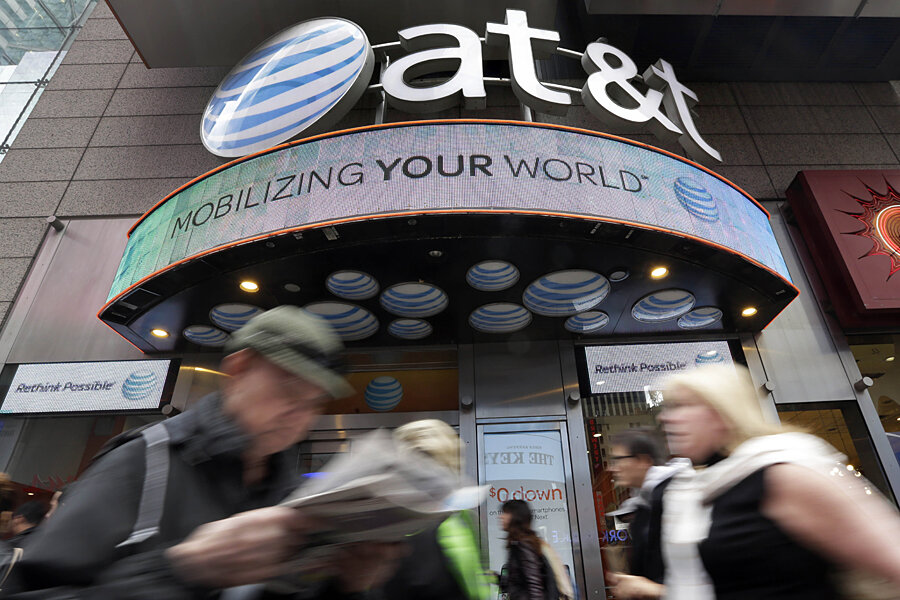AT&T misled customers and slowed Internet speeds, FTC charges
| Washington
AT&T is being sued by the government over allegations it misled millions of smartphone customers who were promised unlimited data but had their Internet speeds cut by the company — slowing their ability to open web pages or watch streaming video.
The Federal Trade Commission filed its complaint against AT&T Mobility Inc. on Tuesday, charging that the telecom giant failed to adequately disclose to customers that it would reduce data speeds if they went over a certain amount of data use in a billing cycle. The practice, known as throttling, slowed web browsing, GPS navigation or streaming videos.
According to the complaint filed in federal court in San Francisco, about 3.5 million consumers have been affected. Some customers, the agency said, had data speeds slowed by nearly 90 percent.
"If you make a promise about unlimited service, we expect you to fulfill those promises," FTC Chairwoman Edith Ramirez said as she announced the lawsuit.
Ramirez said AT&T stopped offering unlimited data plans in 2010 to new customers. In 2011, she said the company began throttling existing customers with unlimited data plans.
AT&T denied misleading its customers.
"We have been completely transparent with customers since the very beginning," Wayne Watts, senior executive vice president and general counsel for AT&T, said in a statement. "We informed all unlimited data-plan customers via bill notices and a national press release that resulted in nearly 2,000 news stories, well before the program was implemented."
In a company news release from July 2011, AT&T said demand for mobile data has exploded. To help address "network congestion," the company said it was taking steps that might reduce data speed for a very small minority of smartphone users with unlimited data plans — those who use lots of data, putting them in the top 5 percent of heaviest users in a billing period.
Ramirez said the disclosures that AT&T made to its customers were inadequate and that the agency would prove that in court.
She also said that the throttling program the company began in 2011 had nothing to do with any type of network congestion.
The FTC said AT&T documents show that the company received thousands of complaints about the slow data speeds under the throttling program. When frustrated customers canceled their contracts with AT&T, the company then charged those people early termination fees — fees that typically totaled hundreds of dollars, according to the commission's complaint.







